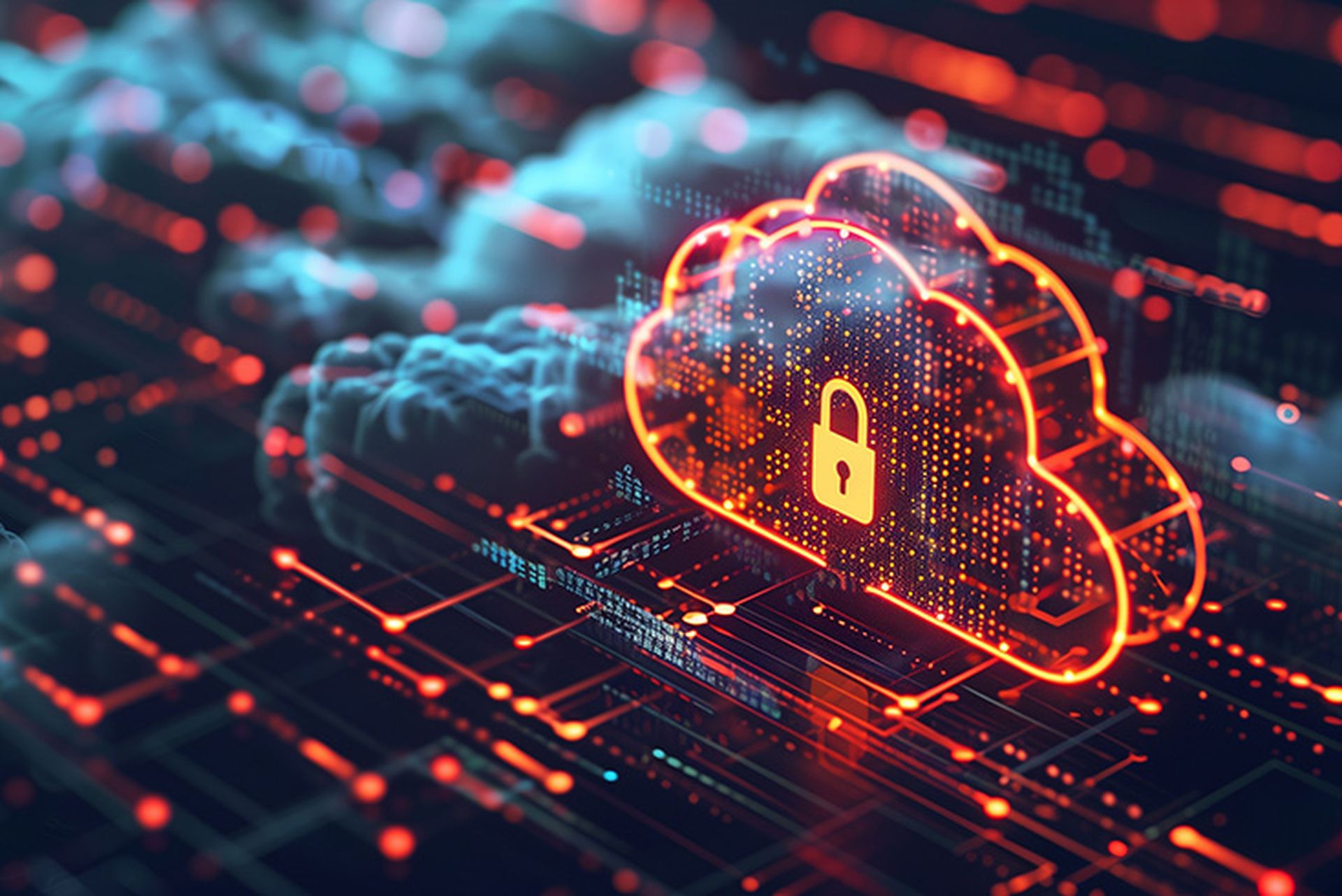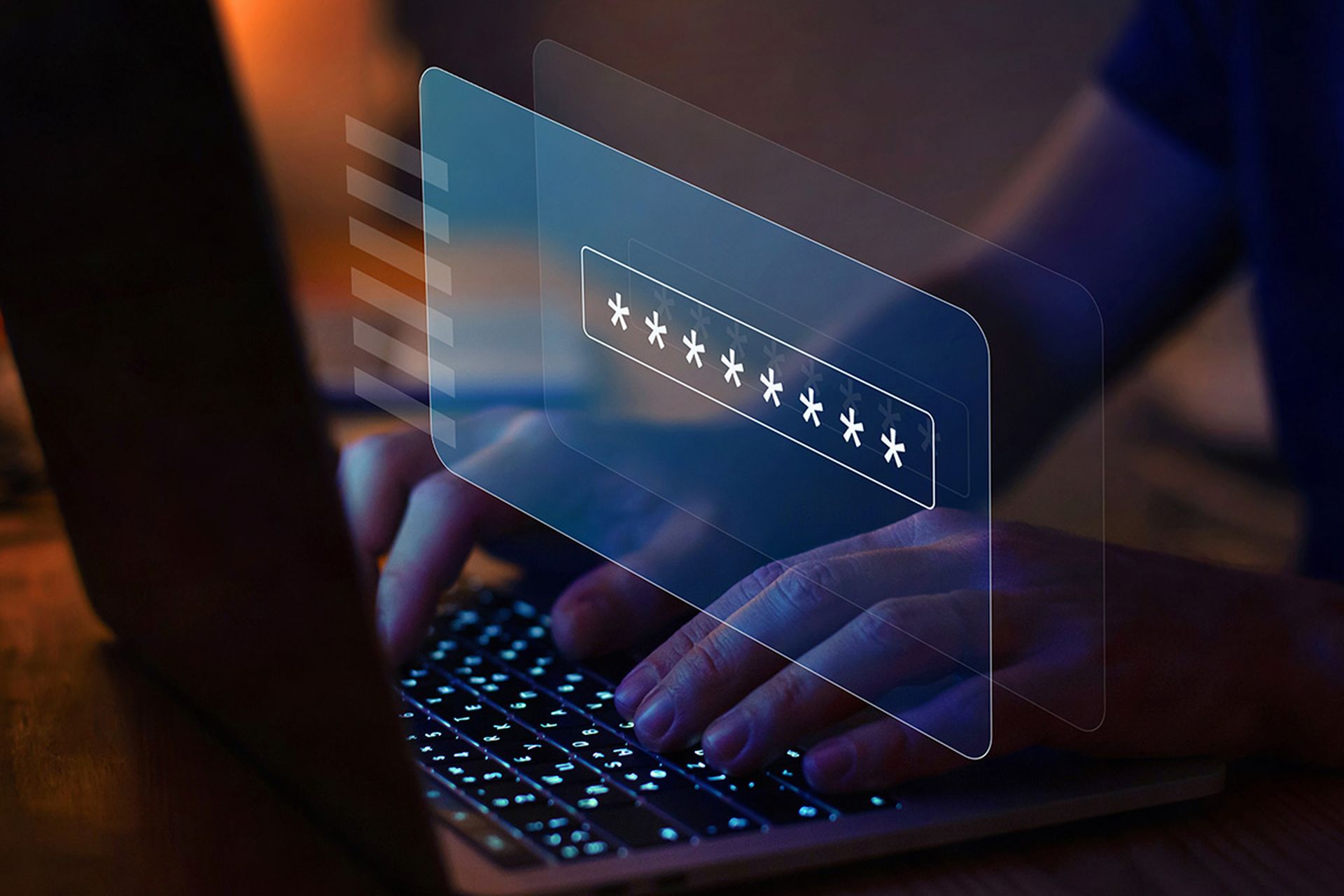IT and security decision makers understand the need and value of multi-factor authentication (MFA) and its applications but there’s a substantial disconnect between what they perceive to be highly secure MFA methods and those implemented at their organizations, a new study said.
It’s partly why more than six in 10 organizations (63%) in a survey of 169 IT and security decision makers intend to increase investments in MFA for employees over the next five years, homing in on passwordless security features (40%), BIO-key, a Wall, New Jersey-based identity access management (IAM) provider said. Along those lines, while 60 percent of organizations view biometrics as one of the most secure MFA methods, only 27 percent use the technology for employees and only 13 percent do so for customers.
BIO-key’s research also included a separate study on zero trust cybersecurity, conducted in tandem with the MFA analysis. In that survey, it found that an awareness of security threats is a key driver for organizations to adopt the strategy. For instance, of the 125 IT and security decision maker respondents, slightly more than half (53%) were influenced to adopt more secure solutions by high profile ransomware incidents, such as the SolarWinds, Colonial Pipeline and JBS cyberattacks. And, roughly four in 10 (38%) said that security issues prompted by the COVID-19 pandemic influenced their adoption of zero trust.
Additional findings include:
On authentication.
On implementing zero trust.
Key drivers for deploying zero trust classified as “extremely impactful” or “highly impactful” include:
On key zero trust deployment drivers.
Of note:




